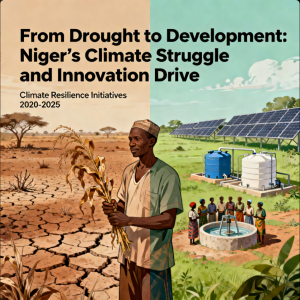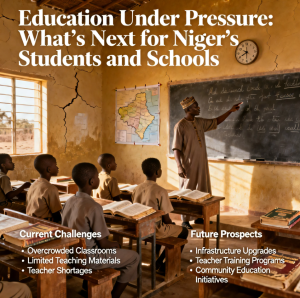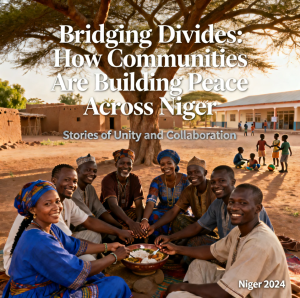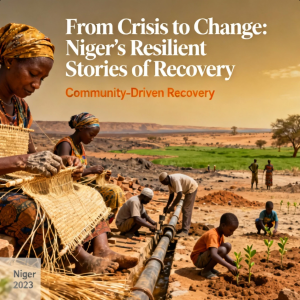Niger, one of the world’s most aid-dependent nations, is standing at a crucial crossroads. As international donors reassess their commitments and regional dynamics shift, the question remains: can Niger move from dependency toward genuine autonomy?
The Legacy of Aid Dependency
For decades, foreign aid has been a cornerstone of Niger’s national budget. Development programs, humanitarian relief, and infrastructure projects have long relied on international funding. While aid has provided critical support, it has also created challenges—fostering dependence and limiting local capacity-building.
Building Economic Foundations
True self-reliance begins with a strong domestic economy. Niger’s vast natural resources—particularly uranium and agriculture—offer potential for sustainable growth. However, limited industrialization and infrastructure gaps hinder value addition.
Recent investments in renewable energy and local industries signal a shift toward diversification. Encouraging entrepreneurship and supporting small-to-medium enterprises (SMEs) can also create employment and reduce reliance on external assistance.
Governance and Institutional Reform
Transparency and effective governance are essential for autonomy. Strengthening public institutions, fighting corruption, and improving fiscal management can attract private investment while ensuring that development funds are used efficiently.
Niger’s government has made progress through decentralization reforms and partnerships promoting accountability, yet challenges remain in translating these initiatives into lasting systemic change.
Human Capital: The Key to Independence
Education and healthcare lie at the heart of Niger’s self-reliance strategy. Investing in youth empowerment, vocational training, and women’s participation in the economy fosters long-term resilience.
With one of the youngest populations in the world, Niger’s demographic growth presents both a challenge and an opportunity. Empowering this generation through education and skills development could transform the nation’s economic outlook.
Regional and Global Partnerships
True autonomy doesn’t mean isolation. Strategic partnerships within the African continent and beyond—focused on trade, technology, and innovation—can accelerate self-reliance. Initiatives under the African Continental Free Trade Area (AfCFTA) offer promising opportunities for integration and growth.
The Road Ahead
Transitioning from aid dependency to autonomy will require time, political stability, and sustained commitment. By focusing on governance, education, and inclusive economic policies, Niger can move closer to charting its own future.
Niger’s journey toward self-reliance is complex but achievable. The nation’s success will depend on balancing external support with internal empowerment—turning aid into a catalyst for lasting independence.




